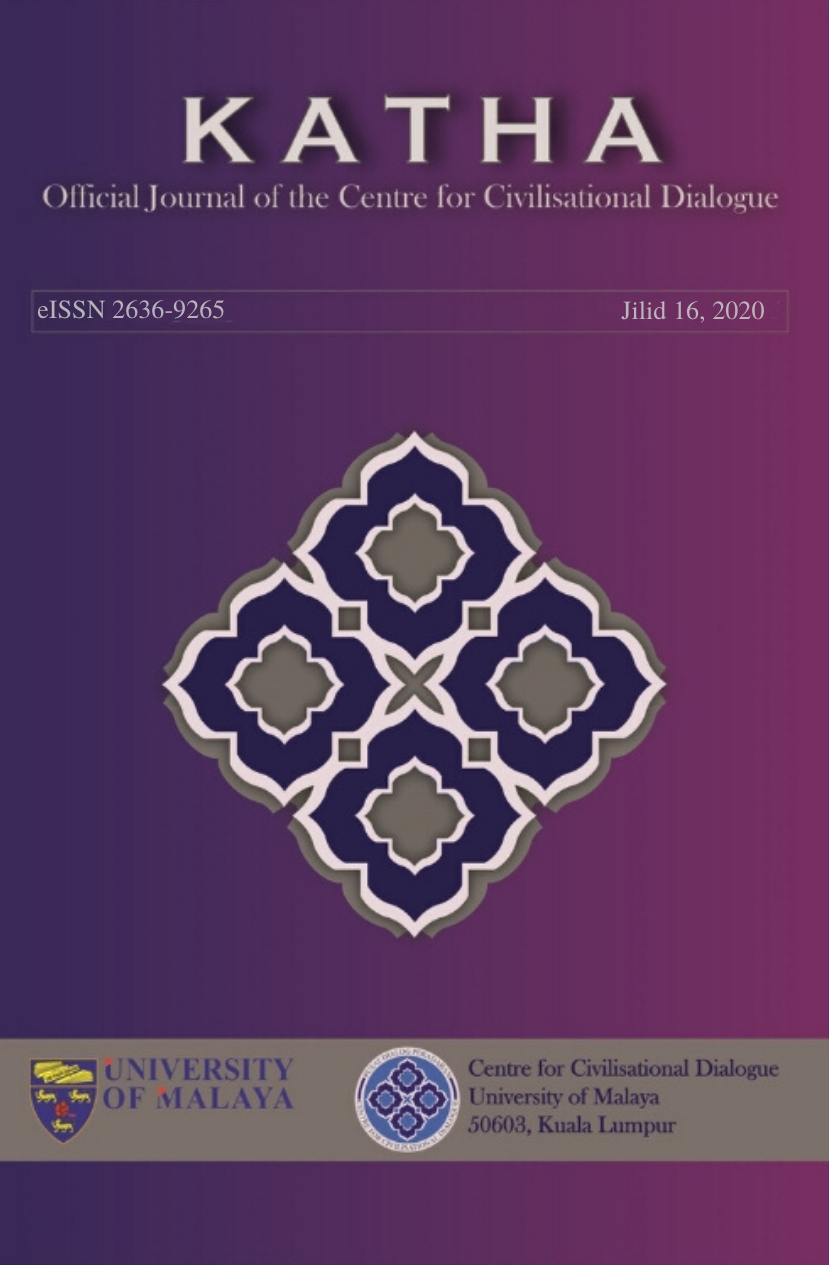Thematic Animal Postage Stamps of Malaysia: Study of State Narratives from the Colonialism to the Post-Colonialism
DOI:
https://doi.org/10.22452/KATHA.vol16no1.2Keywords:
Malaysia, postage stamps of animals, state narratives, colonial stamps, postcolonial stamps.Abstract
This research explores the visual representation of animals in postage stamps issued in North Borneo, Sarawak, British Malaya and Malaysia from the 19th to the 20th century. Since postage stamps were an official product of the State, this research exemplifies the postage stamp as a part of the visual culture that facilitates different State narratives and reveals their contribution towards the formation of colonial or national identities. Furthermore, the study explores visual art from a sociocultural perspective, intending to augment its value as a piece of historical evidence. It shows the visual representations of postage stamps as a record of the civilising process by examining the changes in animal representation as it shifts from a kaleidoscope of exotic romanticism towards the righteous pride of animal protection in the postcolonial era. More than hundreds of thematic animal stamps that were issued in Malaysia were examined in order to identify the preferences influencing animal selection in both colonial and postcolonial era. Following that, background studies, theoretical analysis and visual methodologies form the main research approaches. This paper addresses the research gap that State narratives are disputable without any visual cultural element or ideological construct.
Downloads
Downloads
Published
How to Cite
Issue
Section
License
Articles submitted to the journal should not have been published before in their current or substantially similar form, or be under consideration for publication elsewhere. Authors submitting articles for publication warrant that the work is not an infringement of any existing copyright and will indemnify the publisher against any breach of such warranty. For ease of dissemination and to ensure proper policing of use, papers and contributions become the legal copyright of the publisher unless otherwise agreed. By submitting a manuscript, the author(s) agree that copyright for the article is transferred to the publisher, if and when the manuscript is accepted for publication. However, it can be reprinted with a proper acknowledgment that it was published in KATHA.

This work is licensed under a Creative Commons Attribution-NonCommercial-NoDerivatives 4.0 International License.




